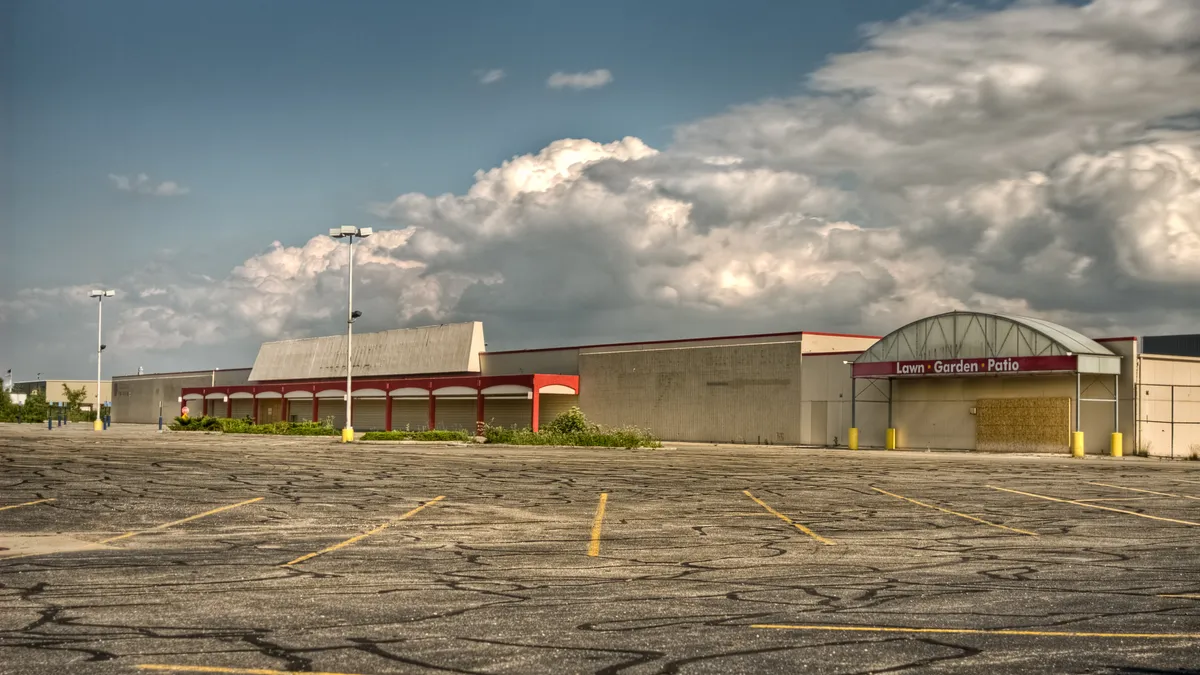Dive Brief:
- A gauge of optimism among small businesses slumped in October, stalling beneath the 49-year average for the 10th consecutive month, with one out of three owners flagging inflation as their top challenge, the National Federation of Independent Business (NFIB) said Tuesday.
- The portion of small businesses forecasting a sales increase in coming months fell in October, the NFIB said, describing findings behind its Small Business Optimism Index. Nearly half of business owners (46%) reported difficulty filling job openings because of a shortage of job seekers or qualified applicants.
- “Owners continue to show a dismal view about future sales growth and business conditions, but are still looking to hire new workers,” NFIB Chief Economist Bill Dunkelberg said in a statement. “Inflation, supply chain disruptions and labor shortages continue to limit the ability of many small businesses to meet the demand for their products and services.”
Dive Insight:
The tight labor market — a months-long challenge for CFOs and financial executives at companies of all sizes — eased a bit last month but persists as a cause of the highest inflation in nearly 40 years.
Employers added 261,000 jobs and wages rose last month, the Labor Department said Friday. Yet the payroll increase is the lowest since December 2020 and wage gains have slowed during the past year. Also, the unemployment rate inched up to 3.7% in October from 3.5% in September.
Signs of cooling in the job market are not sufficient to reinforce efforts by the Federal Reserve to reduce inflation to its 2% target, according to Fed Chair Jerome Powell.
“The broader picture is an overheated labor market where demand over-exceeds supply,” Powell said during a Nov. 2 press conference. “I don’t see the case for real softening just yet.”
The Fed’s preferred measure of inflation — the core personal consumption expenditures price index — increased 5.1% on an annual basis in September compared with 4.9% in August, according to the Labor Department.
Expectations for higher wages, along with increasing costs for goods and services, have prompted companies to shift some inflationary pressure onto consumers. Half of small businesses are raising prices, NFIB said.
Small business forecasts for declining sales found reinforcement from Powell’s comment that the Fed faces narrower odds of skirting a downturn as it tries to curb inflation with the most aggressive withdrawal of stimulus since the 1980s.
“The inflation picture has become more and more challenging over the course of this year, without question,” Powell said at the Nov. 2 press conference. “That means that we have to have policy be more restrictive, and that narrows the path of a soft landing,” or a slowing in demand that stops short of recession.
Powell spoke immediately after the central bank raised the federal funds rate 0.75 percentage point for the fourth time in as many meetings.
Policymakers in coming meetings may increase the main interest rate in lower increments but ultimately push it up more than they forecast in September, he said.















